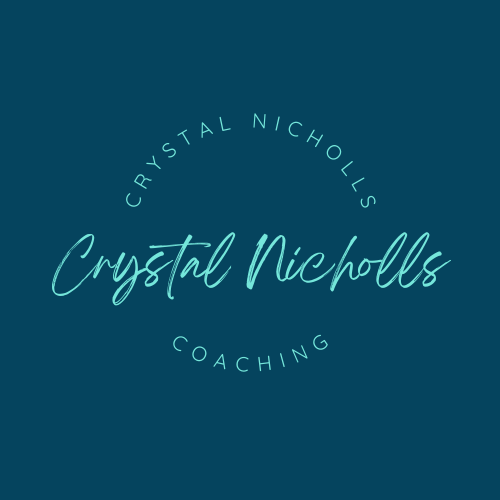Stop putting your life on hold: Why Performers Should Embrace Life Beyond the Stage
As performers, we are told that dedication, passion, and hard work are the keys to success. This is true to a certain extent. However, many of us, including myself, have found that there is incredible value in living a well-rounded life, one that extends beyond the stage. Here’s why embracing hobbies, interests, and passions outside of performing can enrich your life and enhance your career.
Diverse Experiences
Performing demands a significant amount of our time and energy. We pour our hearts into our craft, pushing ourselves to the limits to perfect every note and every line. But stepping away from the stage can provide us with a fresh perspective and a wealth of experiences that can deeply influence our art.
When you engage in activities outside of performing, you gather stories, emotions, and insights that you can bring back to your work. Whether it’s painting, cooking, hiking, or volunteering, these experiences shape who you are and can add depth to your performances.
Avoiding Burnout
Let’s face it–what we do is intense. The pressure to constantly improve, to stay on top of our craft, and to book the next gig can be overwhelming. This can lead to burnout, leaving you physically, emotionally, and mentally drained.
When I was performing in The Lion King, I was so burnt out, partly because I stopped engaging in activities that I felt didn't help further my career. When my husband and I got a puppy, I was suddenly forced to focus my energy into nurturing her, and I started to feel more joy in my career again.
Having hobbies and interests outside of your career can provide much-needed rest. These activities allow you to recharge and return to your craft with renewed energy and enthusiasm. Taking time to relax and enjoy other pursuits isn’t a sign of weakness; it’s a smart strategy for maintaining long-term sustainability in your career.
Building a Support Network
Engaging in activities outside of performing helps you build a diverse support network. It’s easy to get caught up in the competitive nature of theatre, where everyone around you is also striving for the same jobs. While it’s important to have friends within the industry, having connections outside of it can be incredibly grounding.
When I was still performing, all of my friends were in the theatre industry. I often felt like we spent most of our time talking about auditions or classes, and it made my world feel really small.
Now, I am part of a dog walking group, a community book club, and and coaching community. My friends offer a different perspective, provide emotional support during tough times without judgement, and celebrate my successes.
Having a support network outside of performing can remind you that you are more than just a performer—you are a multifaceted individual with many gifts to share.
Enhancing Creativity
Creativity thrives on diversity. When you expose yourself to different environments and experiences, you open up new pathways in your brain. This can lead to unexpected and innovative ideas in your performances. For instance, I follow a dancer on Tik Tok who creates illustrations of theatres. This might help her discover new ways to express emotions through movement, inspired by the colours and techniques she uses on the canvas.
Exploring different forms of art and expression can break down creative blocks and keep your work from becoming stagnant. It encourages you to think outside the box and bring unique elements to your performances that set you apart from others.
Finding Joy in the Journey
It’s easy to fall into the trap of measuring success solely by the roles you book. I used to feel successful only when I booked a role, and like a failure when I was between jobs. But I've learned that true fulfilment comes from the journey, not just the destination. Pursuing passions and hobbies outside of performing helps you to appreciate the process itself.
Cultivating Resilience
As every performer knows, this career doesn't always go according to plan. There will be setbacks, rejections, injuries, and disappointments. Having a well-rounded life helps you develop resilience. When your sense of self-worth isn’t entirely tied to your career, you’re better equipped to handle the ups and downs. You have other sources of fulfilment to draw from during challenging times.
So, go ahead, live your life to the fullest. The stage will always be there, but the experiences you gather along the way will make your time on it all the more interesting.

